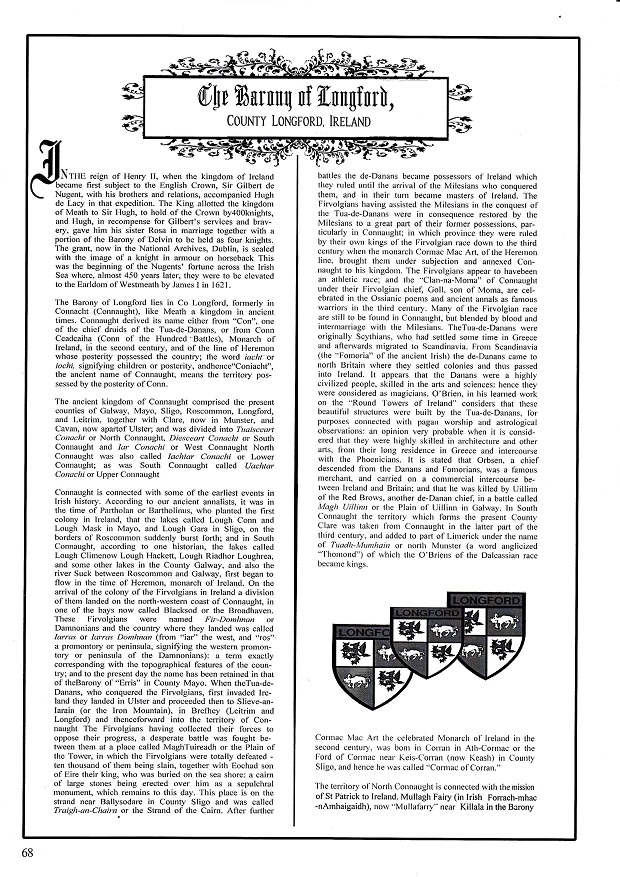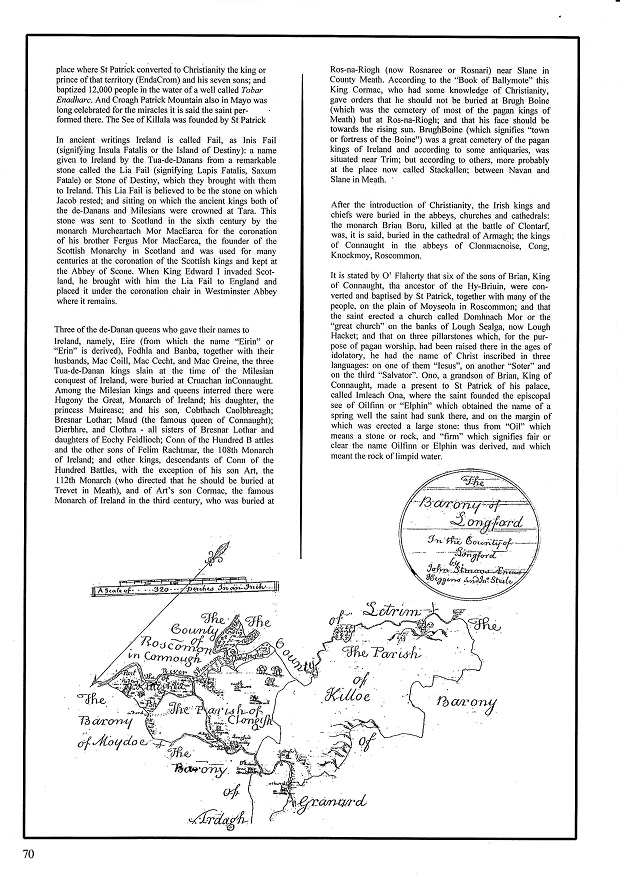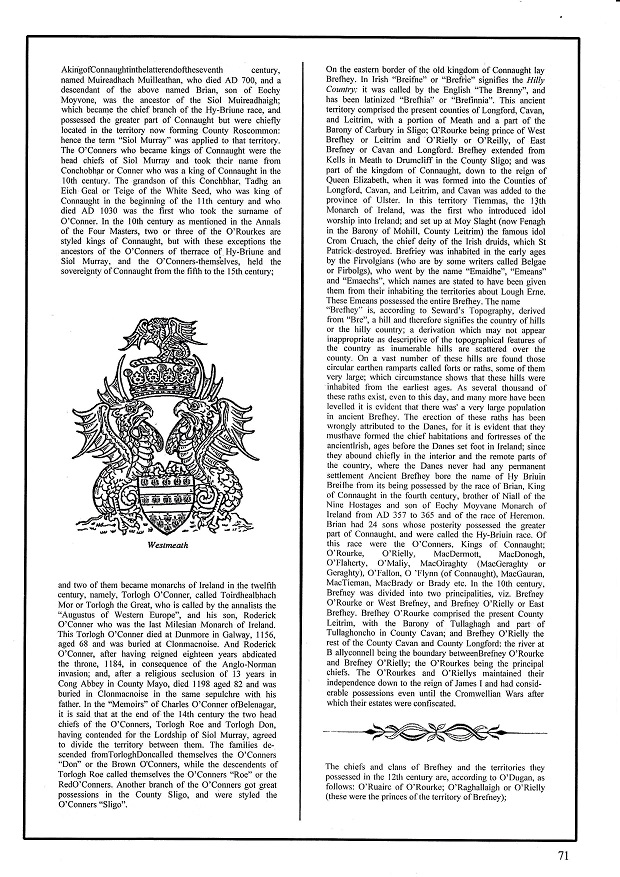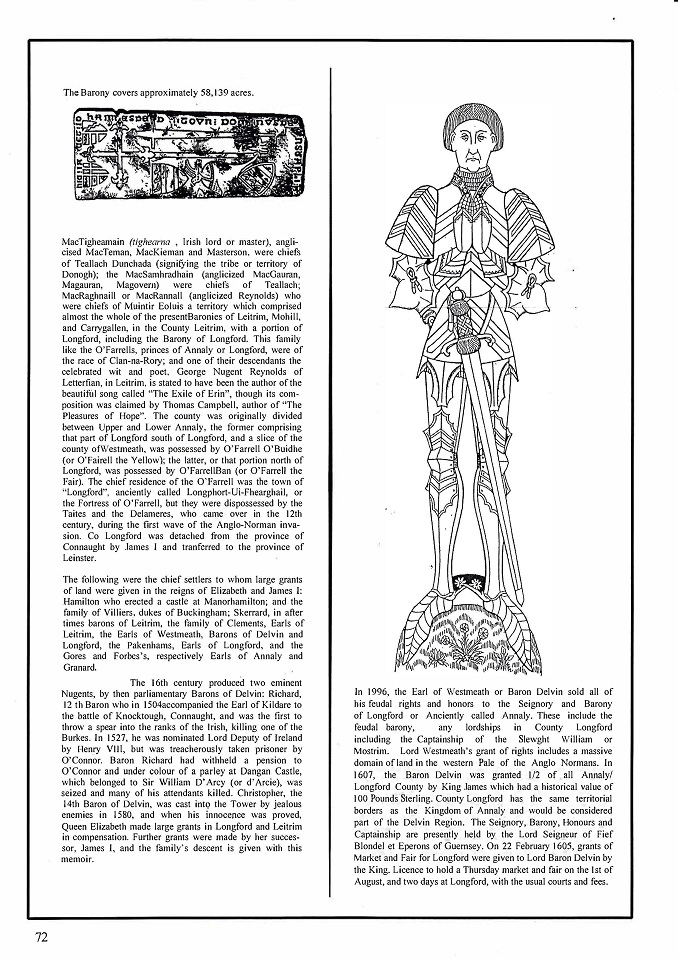Baron Longford Baron Annaly - Feudal Barons
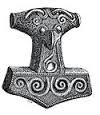

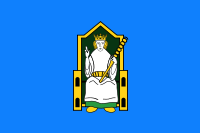
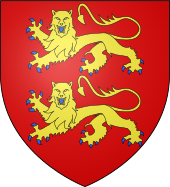
Grant of Barony and Seignory of Longford
Dossier of the Grant of Longford Seignory : The GRANT to George Mentz, Seigneur of Blondel of: All and Singular*/Each and Every, The Ancient Barony, Honours, Lordship, Seignory, of the Administrative County Longford together with: (ALL Rights, Privileges, & Perquisites) are granted and conveyed to Dr/Jur. George Mentz, Seigneur of Fief Blondel in Aug 2018, transferred from the: Original sale of rights by The Earl of Westmeath William Anthony Nugent Feb. 7th, 1996. CONVEYANCE OF FEUDAL TITLE BARONY AND SEIGNORY The Purchase of said rights to "County Longford's" Honours Rights Lordships, Seignorys, and Perquisites in Fee Simple by George Mentz Esq. includes the right to the Seignory/Barony by any name it may be called or known. The Feudal Lordships & Seignory of Co. Longord may be one of the most interesting ancient principalities and baronies in Irish-Anglo-Norman History.
According to O'Dugan, William Nugent or Baron Delvin is the fifth in descent from Connor O'Connor King of Meath who was brother of Cathal or Chalreas Craobhdearg who was the 51st King for Cannaught and No 112 on the O'Connor Connaught pedigree. This Connor O'Connor was the brother of Roderick O'Connor the 183rd King of Ireland who died in Ad 1198.
Suzerain and Grants Direct from King to Nugents of Delvin Direct from the Crown In medieval Europe, a fief was a piece of land that was granted to a person in exchange for their loyalty and service to a lord or monarch. A feudal barony was a specific type of fief that was granted to a person who held a high-ranking position in the feudal hierarchy, such as a baron. While the terms "fief" and "feudal barony" are often used interchangeably, there are some differences between the two.
|
Lords Paramount Ireland About Longford Market & Fair Chief Captain Kings Forces Lord of the Pale Commissioners of the Peace Tenures Abolition Act 1662 - Rights to Sit in Parliament Law of Ireland Chief and Captainship of The Annaly List of Townlands of Longford Annaly The Seigneur English Pale Chief of the Annaly Lord of St. Brigit's Longford Abbey Est. 1578 Kings of Hy Niall Colmanians Seneschal of Meath Court Barons News Irish Kingdoms Lordships of Granard Fishing & Dams Rights Rights of Lords & Barons Datuk Seri Baliwick of Ennerdale Moneylagen Feudal Barons Styles and Dignities Lord Baron Longford Baron de Delvyn Longford Map Lord Baron of Delvin Baron of Temple-Michael Baron of Annaly Kingdom Annaly Lord Conmaicne Baron Annaly Order of Saint Patrick Baron Lerha Granard Baron AbbeyLara Baronies of Longford Princes of Conmhaícne Angaile or Muintir Angaile Baron Lisnanagh or Lissaghanedan Baron Moyashel Moiety of Ardagh Baron Rathline Abbeys of Longford Grants to Delvin Baron Inchcleraun HOLY ISLAND Quaker Island Longoford CO Abbey of All Saints Hereditaments Kingdom of Uí Maine Baron Dungannon Baron Monilagan - Babington Lord Liserdawle Castle Baron Columbkille Kingdom of Breifne or Breny Baron Kilthorne Baron Granarde Count of Killasonna Baron Skryne Baron Cairbre-Gabhra AbbeyShrule Fiefs of the Islands Feudal Westmeath The Island Lords Fief Worship Channel Island History Fief Blondel Fief Blondel Merchandise Events Blondel and King Richard Fief Coin Feudal Guernsey Titles The Feudal System Flag & Arms Castle Site Map Disclaimer Blondel Myth Dictionary Honorable Colonel Mentz Order of St. Columba
Feudal Baron of Longford Annaly - Baron Longford Delvin Lord Baron &
Freiherr of Longford Annaly Feudal Barony Principality Count Kingdom of Meath - Feudal Lord of the Fief
Blondel of the Nordic Channel Islands Guernsey Est. 1179 George Mentz
Bio -
George Mentz Noble Title -
George Mentz Ambassador - Order of the Genet
Knighthood Feudalherr - Fief Blondel von der Nordischen
Insel Guernsey Est. 1179 * New York Gazette ®
- Magazine of Wall Street - George
Mentz - George
Mentz - Aspen Commission - Ennerdale - Stoborough - ESG
Commission - Ethnic Lives Matter
- Chartered Financial Manager -
George Mentz
Economist -
George Mentz Ambassador -
George Mentz - George Mentz Celebrity -
George Mentz Speaker - George Mentz Audio Books - George Mentz Courses - George Mentz Celebrity Speaker Wealth
Management -
Counselor George Mentz Esq. - Seigneur Feif Blondel - Lord Baron
Longford Annaly Westmeath
www.BaronLongford.com * www.FiefBlondel.com |
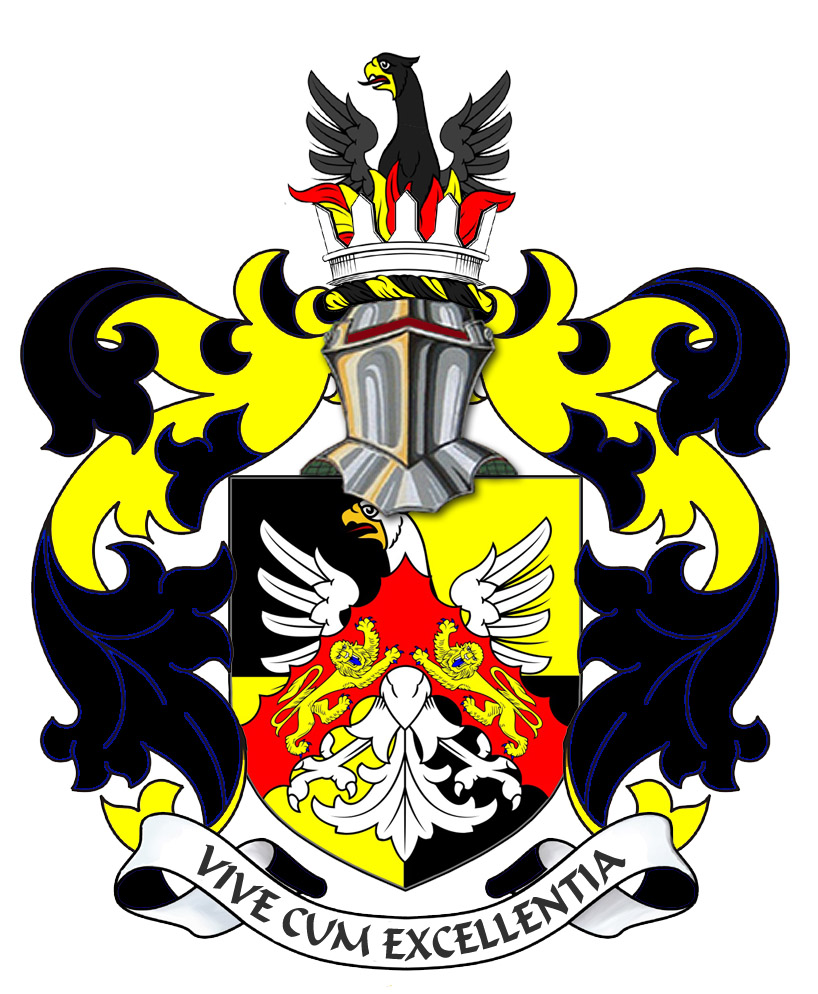
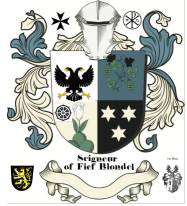
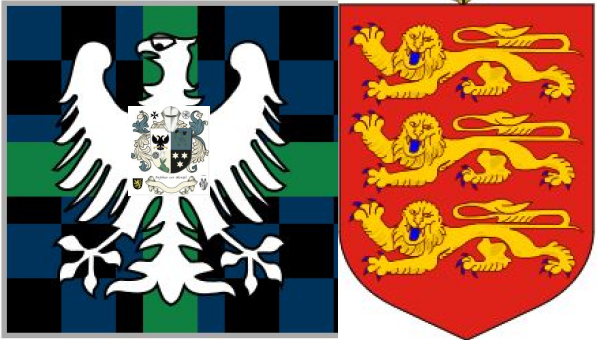

Commissioner George Mentz - George
Mentz Law Professor - George
Mentz Economist
George Mentz News -
George Mentz Illuminati Historian -
George Mentz Net Worth
The Globe and Mail George Mentz
Get Certifications in Finance and Banking to Have Career Growth | AP News
